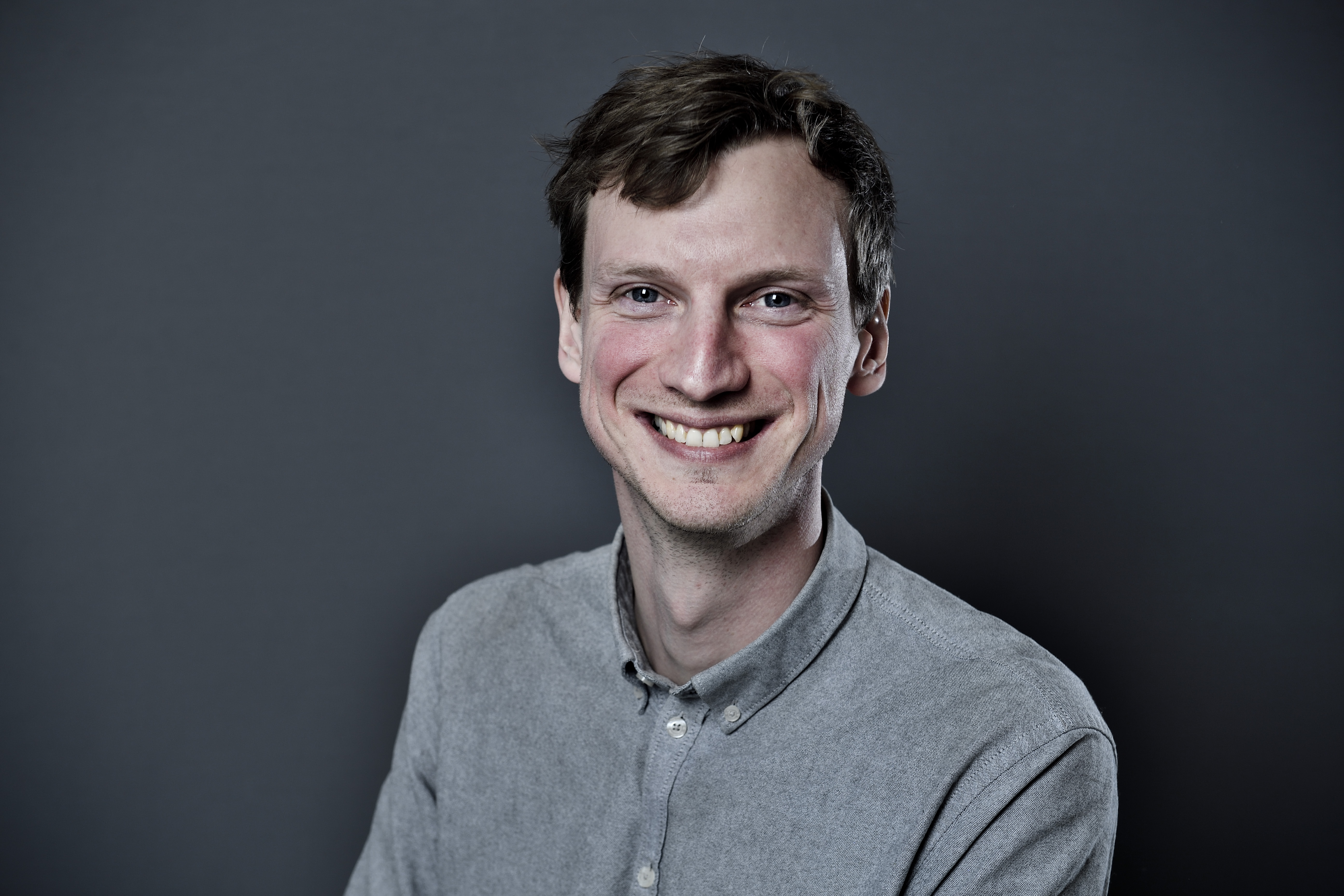Peter Refsing Andersen
Research leader

Project title
Molecular mechanisms of genetic conflicts
What is your project about?
We often consider living organisms as harmonic biological entities, but all life, in fact, exist in a constant internal arms race with DNA parasites whose only purpose is to make more copies of themselves. These parasites have colonized the genomes of almost all species and compose two-thirds of the human genome. Spread of DNA parasites can destroy important genes, so all life forms have evolved genome defense mechanisms to keep the parasites in check. With the grant from DFF, I will uncover the strategies used by DNA parasites to evade the genome defense mechanisms and at the same time reveal how the host genes underlying the genome defense adapt to the parasites’ constant search for holes in the defense.
How did you become interested in your particular field of research?
The vast majority of current genome research focuses on the relatively small areas of DNA that we term ’genes’, which comprise the important cellular protein recipes. During my Ph.D. studies, I started investigating some of the DNA between the protein recipes of the genes. Astonishingly, two-thirds of the extra-genic DNA in humans is derived from DNA parasites – selfish DNA whose only function is to make more copies of itself. This internal tension in a genome between genes that function to support life in the cells and DNA parasites that just run their own race has fascinated me ever since.
What are the scientific challenges and perspectives in your project?
One key challenge in studying the molecular arms race between host genomes and DNA parasites is that the evolution of the involved genes goes very fast. Therefore, one cannot assume that observations made in mice or rats will be representative of the biology in humans. The best solution to this challenge is to uncover the workings of molecular arms races in several different animal species. For this, the fruit fly system that I am using is near-ideal in that it is very fast to works with and allows easy genetic manipulation. Together with studies in other organisms, we hope to build a framework for understanding how genomes in general (including the human) function in spite of – or perhaps because of – the endless evolutionary arms races with DNA parasites.
What is your estimate of the impact, which your project may have to society in the long term?
Research in how genomes have evolved and how they function not only contributes to a general understanding of what life is and how it is maintained, but also to the advance of future medical treatments. As it gets cheaper and cheaper to read the DNA code of whole genomes, such readings will become standard procedures for both healthy and ill individuals. But reading in itself only gives a lot of data. Genetic studies such as mine will help build a framework for understanding how all this data can be translated into biological and medical insight and treatment.
Which impact do you expect the Sapere Aude programme will have on your career as a researcher?
The Sapere Aude program makes it possible for me to do research at the forefront of genetics and genomics worldwide. The funding enables me to establish strong international collaborations and is long-term support that allows me to focus fully on the research. At the same time, Sapere Aude supports my exploration of an entirely new research field, which has the potential to shape the future direction of my research for years to come.
Background and personal life
I recently returned to Denmark following five years in Vienna, where I started my work on genetic conflicts and molecular arms races. As it often happens when leaving home for a while, you gain more than you expected: friendships, experiences and much more. For this reason I also enjoy traveling and especially to places that are not too similar to Denmark. And by the way, I think “nerds” of any sort are incredible interesting. It doesn’t really matter what they are into – selling fridges or studying dead languages – if they love what they do they always have interesting thoughts to share.
View all research leaders here
Research institution
Aarhus University, Department of Molecular Biology and Genetics
Research field
Molecular Biology
City of your current residence
Aarhus
High school
Randers Statsskole
